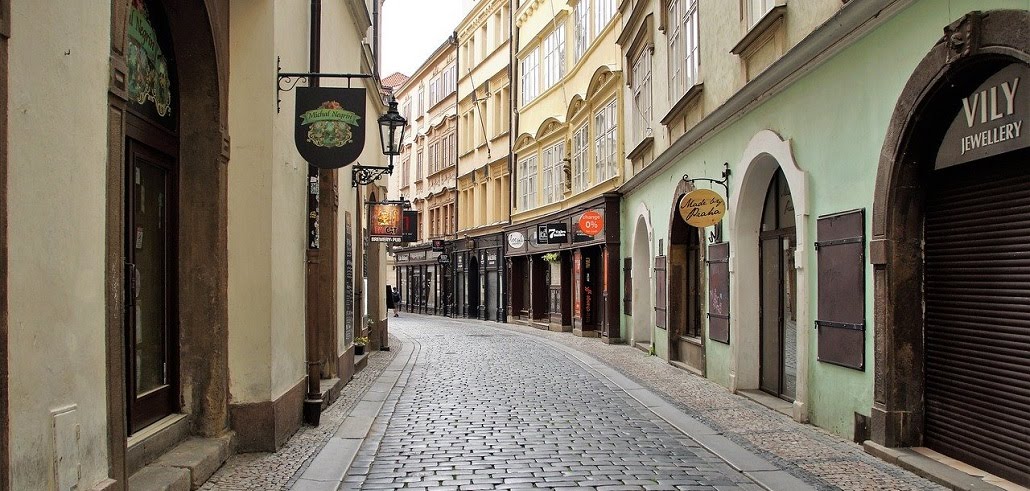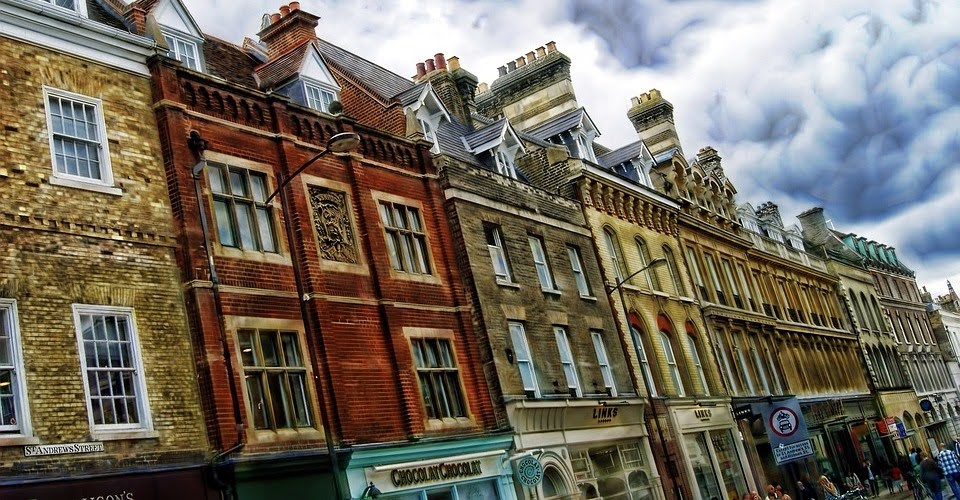Sales of New Apartments in Prague Nearly Doubled Over 2024, Prices Rose by 7%

There was massive demand for new apartments in Prague throughout last year. A total of approximately 7,200 apartments were sold in the capital in 2024, an 80% year-on-year increase. Supply continues to stagnate and cannot keep up with strong demand. As a result, apartment prices in the capital grew faster than expected, increasing by 7% year-on-year. This is according to a market analysis published today by the development companies Central Group, Skanska Residential, and Trigema.
In the last quarter of 2024, about 1,850 apartments were sold. Total annual sales reached 7,200 units — the second-highest figure in over 15 years, narrowly trailing the record-breaking year of 2021, when 7,450 units were sold.
These figures from the housing market closely mirror those from the mortgage market, where the volume of new loans increased by 83% year-on-year. Falling mortgage rates were the main driver behind the surge in demand for new housing last year. With further expected rate cuts this year, demand could rise to new record levels.
“Last year’s enormous demand clearly shows that purchasing real estate remains a safe investment with minimal risk and steadily increasing value. I therefore expect this strong interest to continue into this year,” says Marcel Soural, Chairman of the Board of Trigema investment group.
Apartment Prices Rose Faster Than Expected
The average listed price of new apartments reached CZK 163,203/m² at the end of the year, a 7% year-on-year increase. Selling prices rose even more — by 10% to CZK 156,851/m². Both figures are new historical highs. The pace of price growth exceeded the annual forecast of the Czech National Bank (ČNB), which had warned that prices could rise faster due to the mismatch between supply and demand. Given ongoing issues with the new building law and digitalization, this situation is expected to persist, and price increases of 5–10% are anticipated for this year.
The cheapest new apartments can be found in Prague 9 and 10, where prices average slightly above CZK 149,000/m². The most expensive areas remain the very center (Prague 1 and 2) and Prague 7, where average prices exceed CZK 200,000/m². The fastest year-on-year price growth was recorded in Prague 3 — up by 21%.
“The price increase last year was influenced by the introduction of new, more expensive projects and rising prices in some existing ones. Price growth was also driven by the phasing out of marketing incentives and rising costs of construction and design work. However, the main reason behind the rising prices of new apartments in Prague remains the long-term dysfunction of the planning approval process, which leads to insufficient supply. Combined with strong demand, we can expect prices to continue rising this year,” says Petr Michálek, Chairman of the Board of Skanska Residential.
Supply Remains Stagnant and Cannot Meet Strong Demand
By the end of the year, there were 5,700 new apartments available for buyers in Prague. Supply has stagnated at this level for the past two years. Although more units went on sale in 2024 compared to previous years, it still wasn’t enough to meet demand. Moreover, most of these were previously approved projects that developers had postponed due to weak demand, high construction costs, and high interest rates in past years.
The stock of already-approved, delayed projects is gradually being depleted, and new ones are not being launched on time or in sufficient volume due to ongoing issues with permitting processes. According to the latest data from the Czech Statistical Office (ČSÚ), 6,340 apartments in apartment buildings were approved in Prague between January and November last year, while the city needs to approve at least 10,000 units annually. Additionally, an increasing share of developers’ output is being absorbed by the growing rental housing market. As a result, the supply deficit is at real risk of widening again soon.
“The supply of new apartments is utterly insufficient due to the dysfunctional permitting process. This makes them at least 15% more expensive. The state is losing tens of billions of crowns in taxes and fees, it complicates our business, and housing is becoming less and less accessible for people. It’s completely incomprehensible that the state has been unable to address this for such a long time,” concludes Dušan Kunovský, Chairman of the Board of Central Group.





